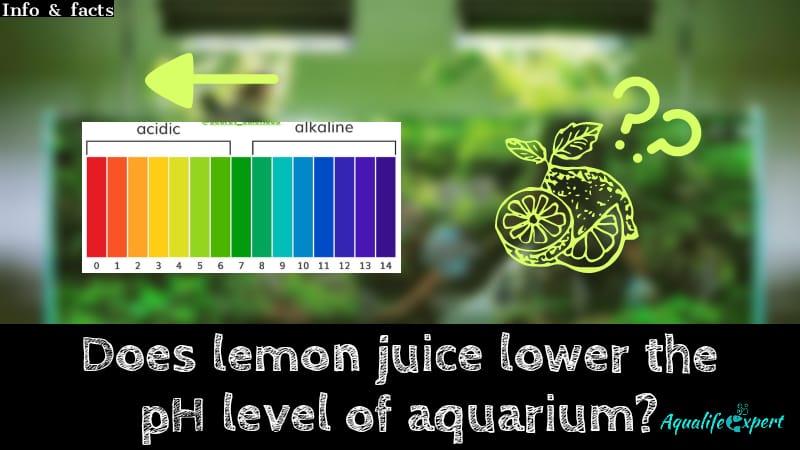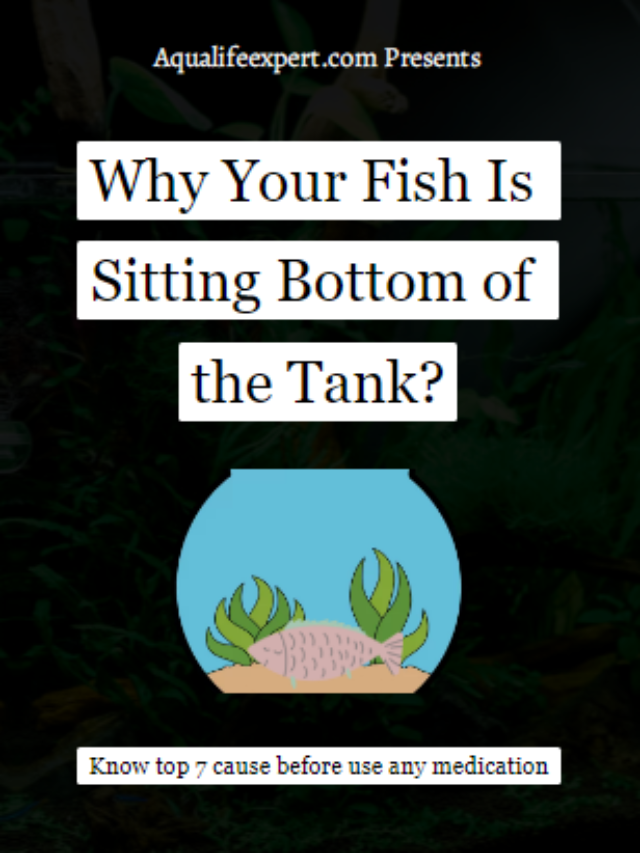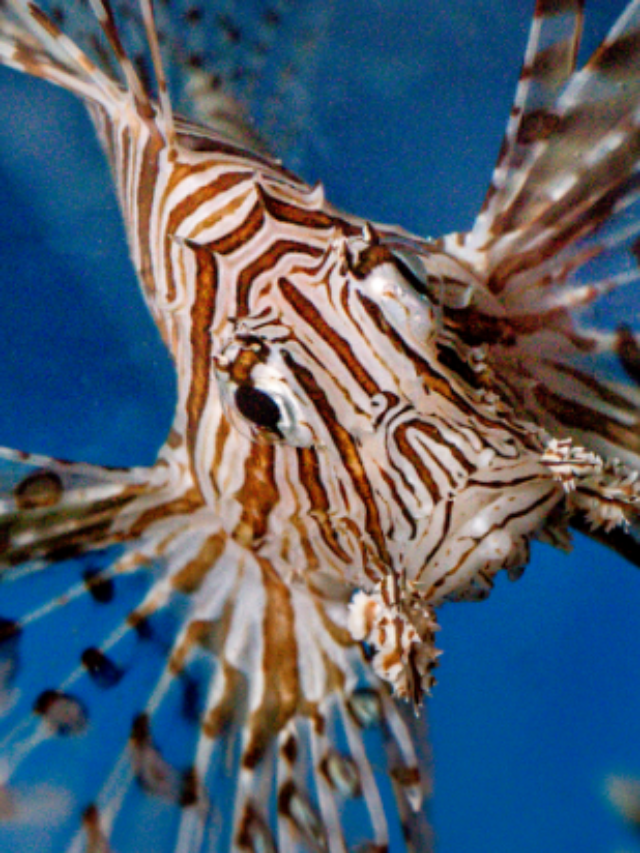Does Lemon Juice Lower the pH of Aquariums? Don’t Make the MISTAKE
Check Our Quick Stories
Sometimes new aquarists are tensed with the high pH level of the aquarium. They think a certain fish type requires a certain pH level to thrive. Actually, this is not correct. For an aquarium, a stable pH level is more important than being the right pH level. However, using lemon juice for lowering pH is a bad idea for an aquarium.
The pH level of lemon juice is only 2, which is very acidic for an aquarium. The citric acid may help to lower the pH of the aquarium suddenly. However, it may be very much harmful to fish and other microorganisms in an aquarium. As this has an antimicrobial agent (Flavonoids) so the nitrogen cycle may be stopped due to this.
You have to understand the concept of pH first
The pH level decides the acidity or alkalinity of the water. Now, this is important to have the right pH of the aquarium water. Otherwise due to higher or lower pH level aquarium fishes may face several issues like discomfort in laying eggs, burn and itching on gill, fin or skin, respiratory issues and so on. Hence, having the right pH level in the aquarium is most important.
However, an aquarium must have a stable pH level rather than the right pH level because an aquarium is considered as small aquatic biodiversity. From small bacteria or crustaceans to big sized fishes, plants can live here. So having a fixed pH level is much more important than the right pH level for a certain species. From 6.5 (slightly acidic) to 8.0 (alkaline) range of pH level is the most suitable for any type of species in the aquarium.
Now let’s dive deep into the real question
Does lemon juice lower the pH of aquariums?
Lots of new aquarists are obsessed with the right pH level in the aquarium. They think this is important to fix pH at the right number otherwise certain fish species will not thrive. So they try to lower or higher the pH level by a certain method. Trying to lower the pH level with lemon juice is an example of that type of incident.
Though lemon juice has citric acid that is weak still, this can provide harm to your aquarium.
The nitrogen cycle is the most needed part of an aquarium. This nitrogen cycle helps to establish the fish tank. Here the establishment means to promote the biodiversity in the fish tank gradually. It means your fish tank will start to remove the fish waste automatically by several microorganisms. This statement justifies that; if those microorganisms are not present in the aquarium then fishes will not be able to live in that aquarium for a longer period of time.
Now, lemon juice contains flavonoids, an antioxidant that has anti-inflammatory properties. With the help of this property, it has gathered the antimicrobial property also. In a human body, Flavonoids try to kill pathogens by creating antibodies. However, it kills the beneficial bacteria too in the aquatic environment. Nitrosomonas, Nitrobacter are the two most significant bacteria that take part in the nitrogen cycle. It converts highly poisonous ammonia and nitrite into less poisonous nitrates.
Now, if flavonoids kill these beneficial bacteria in the aquarium then the nitrogen cycle will be stopped and gradually ammonia level will start to rise. After a while, the aquatic environment will not be tolerable for the fishes and these will die off.
Note – Lemon juice contains a subtype of flavonoids. These are called flavanones.
Read more:- Importance of pH at your fish tank? & how to control it
Does vinegar lower the pH of aquariums?
Thousands of other websites will tell you this method to lower the pH level of the aquarium. Vinegar actually lowers the pH value of the water. Vinegar has acetic acid and this helps to lower the pH level of the aquarium.
However, vinegar contains acetic acid. It has antimicrobial property too. Acetic acid contains povidone-iodine (11%), polyhexanide (0.04%), mafenide (5%), cetrimide (15%) and gluconate (1.5%). These all elements act as the antimicrobial property for acetic acid. Now, these elements kill all types of bacteria including Nitrobacter, Nitrosomonas etc. So this incident will stop the nitrogen cycle of the fish tank. This is why ammonia and nitrate will be increased suddenly. Hence, this is proved that vinegar is not a solution to lower the pH level of the tank.
Which freshwater fishes like low pH level?
If you want to keep various types of fishes then you should know about the fishes that prefer low pH level. This data will help you to understand whether you need to lower the pH level of your tank or not.
| Freshwater fish Name | pH range |
| Dwarf Gourami | 6.5-7.5 |
| Cherry barb | 6.0-8.0 |
| Tiger barb | 6.0-8.0 |
| Harlequin Rasbora | 6.0-7.5 |
| Kuhli Loach | 5.5-6.5 |
| Betta | 6.5-7.5 |
| Discus | 6.0-7.0 |
| Hatchetfish | 6.0-6.8 |
| Silver dollar | 5.0-7.0 |
| Bala shark | 6.0-8.0 |
| German blue ram | 5.2-6.7 |
This is the list of some freshwater fishes for which you may require a low pH aquarium. Now These fishes can live at higher pH level also. For that case you need to keep the pH stable, You should know that a sudden change of pH level is worse than a higher but stable pH level.
If you want to keep kuhli roach, betta, discus, hatchet fish, silver dollar german blue ram, etc then you may need a little bit of lower pH of water. However, other fishes will be just fine in both higher or lower pH level in the same tank.
Note – 7.0 is the neutral pH level. When the pH level is below 7.0 then the water is acidic and if the number is more than 7.0 that means the water is alkaline
What is the natural way to lower the pH?
There are lots of ways through which you can lower the pH of your aquarium. However, all those ways are not suitable for a freshwater aquarium. Adding driftwood is the most natural and cheap way to lower the pH of the aquarium.
Driftwood leaches tannin that contains tannic acid and this acid is not harmful to the beneficial bacteria of the aquarium. So it will not stop the nitrogen cycle also. Not only that, but driftwood is the cheapest way to lower the pH level of the aquarium also.
You can use another way to lower the pH level of the aquarium. This is adding carbon dioxide to the aquarium. Carbon dioxide forms carbonic acid after mixing with water. The carbonic acid also does not have harmful effects on beneficial bacteria in the aquarium. However, this is the comparatively costlier method to lower the pH value of the aquarium.
Conclusion
After the long discussion, I can conclude that lemon juice or vinegar is the wrong way to lower the pH of the aquarium water. Lots of new aquarists think this is the easiest way to lower the pH. Actually, this is not the real case.
Every aquarium requires beneficial bacteria. These are must because only these bacteria help the fish be healthy. These bacteria convert harmful ammonia and nitrite into comparatively less harmful nitrate. But Lemon juice kills them. If you add lemon juice or vinegar then after a few days the aquarium will be toxic and fishes will start dying off. So you may better use driftwood and carbon dioxide to lower the pH of the aquarium
So best of luck & happy fishkeeping🐟






